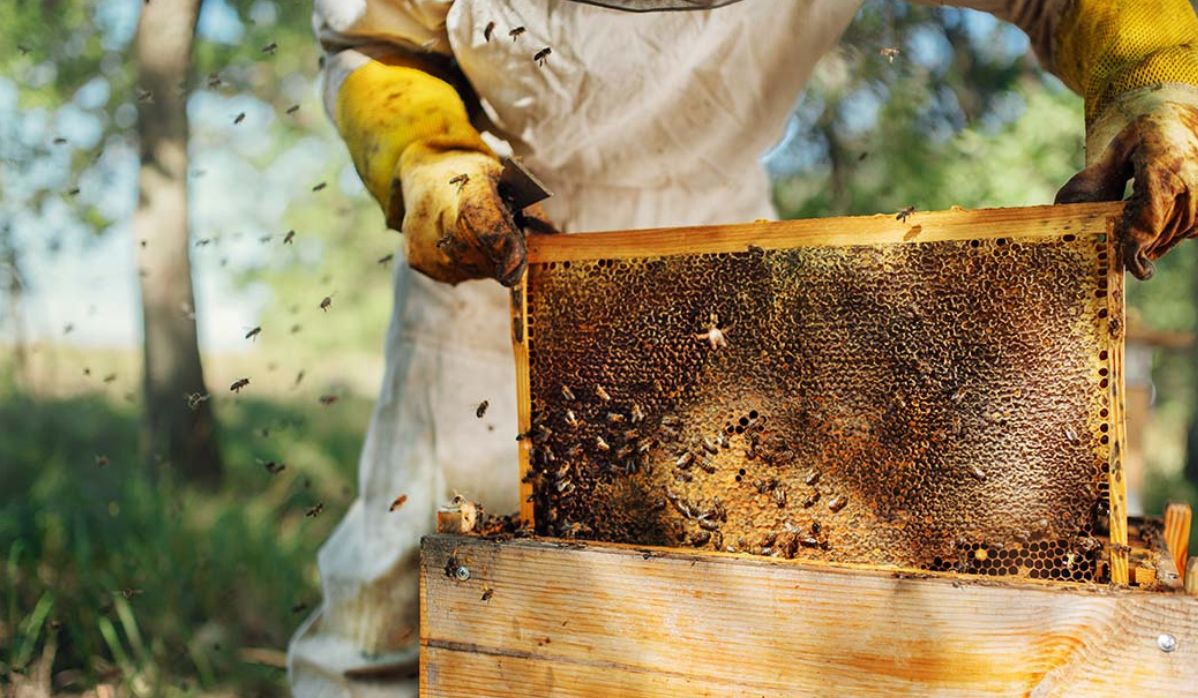Tarun Karthick
Sri Vijaya Puram, 16 February 2025
The Department of Agriculture, Andaman & Nicobar Administration, in collaboration with the National Beekeeping & Honey Mission (NBHM), conducted a two-day district-level training on ‘Scientific Beekeeping – Role of Bees in Agriculture Production and Its Economics’ at the Panchayat Hall, Ramakrishnapur on February 10 and 11, 2025.
The training program was inaugurated by Mr. Parmanathan, Pramukh of Panchayat Samiti, Little Andaman, who graced the occasion as the chief guest. The event was also attended by guest of honor Mr. Ashamanja Halder, Zilla Parishad Member, Ramakrishnapur, along with the Pradhans of Ramakrishnapur, Vivekanandapur, and Rabindranagar. Representatives from rural development clusters, Panchayati Raj Institutions (PRIs), Self-Help Groups (SHGs), cooperatives, and farmers from the tribal community also participated in the event.
In his address, Mr. Parmanathan encouraged farmers to adopt beekeeping as a viable agricultural practice, emphasizing the growing potential of Little Andaman as a honey production hub. He highlighted the island’s capacity to meet the honey demands of the Andaman & Nicobar Islands and urged farmers to explore the economic benefits of beekeeping. The event also featured an interactive session where experts and experienced beekeepers shared insights into scientific beekeeping methods.
On the second day, participating farmers visited the apiaries of Mr. Gobindo Biswas in Vivekanandapur and Mr. Kalyan Mondol in Ramakrishnapur. The field visit included a demonstration on rearing practices, bee colony handling, honey extraction, and colony multiplication, led by Mr. Paramashivam, Head Worker at GCM. The training concluded with a feedback session, where participants were evaluated, and the top three performers were awarded prizes.
The program aimed to promote scientific beekeeping practices and enhance agricultural productivity while providing farmers with a sustainable livelihood option in the region.

